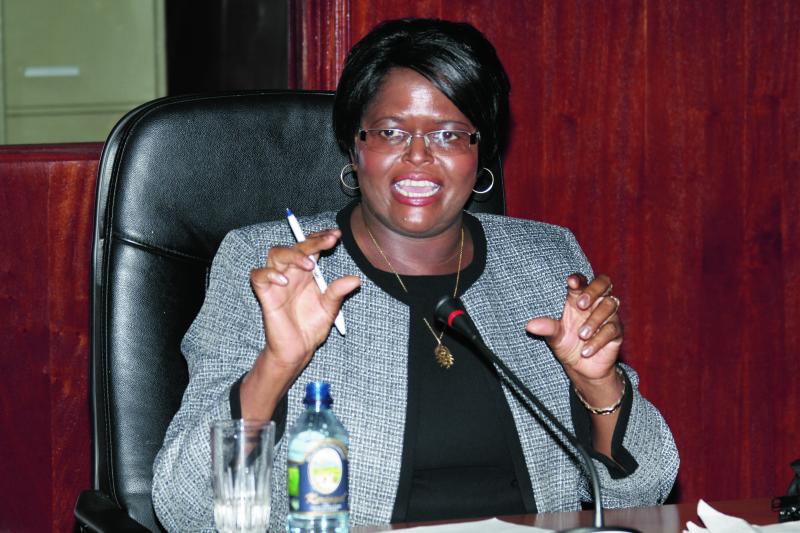×
The Standard e-Paper
Fearless, Trusted News

Court of Appeal Judge Lady Justice Martha Koome’s mix of experience in private legal practice and Judiciary has won her the Chief Justice position.
Justice Koome’s quest to become the first woman Chief Justice now lies in the hands of Parliament after the Judicial Service Commission (JSC) forwarded her name to President Uhuru Kenyatta for transmission to the legislators for vetting.